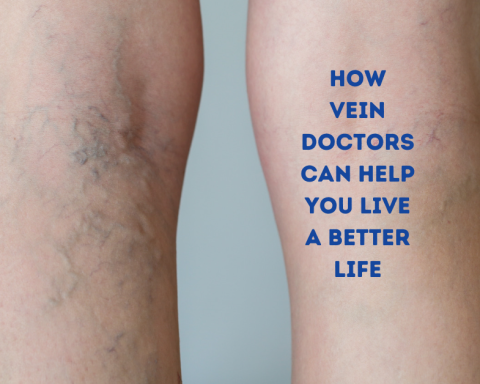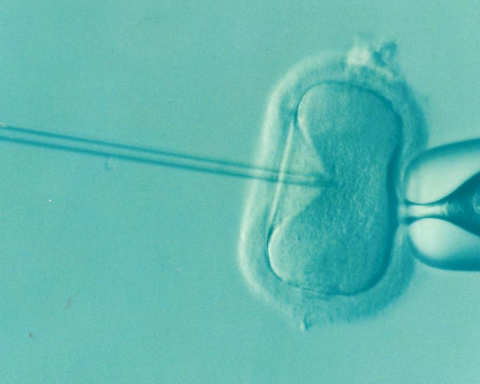Breast milk is the best food for babies. It is like a perfect shake in which all the necessary vitamins, proteins, and fats necessary for the baby’s development are combined. Plus, it also contains antibodies that help the infant fight viruses and bacteria.
Breastmilk provides numerous benefits to both the baby and the mother. Here are some of the benefits of breastmilk:
Benefits for the baby:
- Provides optimal nutrition: Breastmilk is the perfect balance of nutrients that a baby needs for healthy growth and development, including protein, fat, carbohydrates, vitamins, and minerals.
- Promotes healthy development: Breastmilk contains essential nutrients that support the development of the baby’s brain, nervous system, and immune system.
- Protects against infections: Breastmilk contains antibodies and immune cells that help protect the baby from infections and illnesses.
- Reduces the risk of Sudden Infant Death Syndrome (SIDS): Breastfeeding is associated with a lower risk of SIDS, which is the sudden and unexplained death of an otherwise healthy baby.
- Supports healthy weight gain: Breastfed babies are less likely to be overweight or obese compared to formula-fed babies.
- Improves cognitive development: Breastfeeding has been shown to improve cognitive development and IQ scores in children.
Benefits for the mother:
- Promotes postpartum recovery: Breastfeeding helps the uterus contract and return to its pre-pregnancy size more quickly, reducing the risk of postpartum bleeding.
- Reduces the risk of certain cancers: Breastfeeding has been associated with a reduced risk of breast and ovarian cancer in mothers.
- Helps with weight loss: Breastfeeding burns calories and can help mothers lose weight gained during pregnancy.
- Improves mental health: Breastfeeding releases hormones that promote relaxation and bonding, which can improve the mother’s mental health.
- Convenient and cost-effective: Breastmilk is always available, requires no preparation or clean-up, and is free.
However, not every mother can easily start breastfeeding right away. It happens that a mother and a baby have to get used to and adapt to each other for several months, and this is completely normal. Let’s look at the most common breastfeeding challenges and ways to overcome them.
Sore or Cracked Nipples
Proper attachment of a child to the breast is an art that cannot always be mastered in the first days or even weeks of a baby’s life. While you are just beginning, your nipples may hurt, crack, or even bleed. If this happens, you must not wait but should contact a breastfeeding consultant or doctor. They will spend some time with you and the baby, see how you feed it, identify the problem, and teach you how to avoid it.
If breastfeeding is painful, your baby behaves restlessly, gains weight poorly, and does not seem satisfied after feeding, there may be problems with proper attachment to the breast.
A lactation consultant is the best guide, but you can try it yourself with these tips:
- the baby must open its mouth wide;
- the infant’s mouth should cover your nipple completely, including the areola;
- the baby’s lower lip should be turned outward;
- you should not feel pain while feeding.
By the way, you can check the foods to avoid while breastfeeding to prevent gas. This will help avoid bloating in you and your baby.
The Baby Is Not Getting Enough Milk
Here are the signs that will help you understand if your baby gets enough milk:
- you can hear and see how the baby swallows;
- the newborn behaves calmly and relaxed during feeding;
- after the end of the feeding, your baby lets go of the breast on its own;
- the baby’s mouth looks wet after feeding;
- the baby’s diapers are heavy, and the urine is transparent without a strong smell.
In the first days of a baby’s life, you should not have a lot of milk. The liquid that the breasts produce during these few days is called colostrum. It has a thick consistency and is usually golden-yellow. It’s a very concentrated food, so your baby will need very little of it at each feeding, about one teaspoon. At the same time, the child may want to eat often, perhaps every hour.
Gradually, your breasts will produce more milk, and the baby will eat less often but suck longer. The more often you feed your baby, the more milk you will have. You should feed the baby on demand, whenever it asks.
Breast Pain During Feeding
In the first few days after giving birth, you may feel discomfort in your breasts due to the milk flow. This is a physiological process that will disappear when the mammary glands adjust to the exact amount of milk your baby needs. To ease the discomfort, feed the baby as often as possible, massage the breast while feeding, take a shower, or apply a warm compress before feeding (this will stimulate the flow of milk, so it is important to put the baby to the breast immediately).
You may feel a slight tightness in one breast. When you press on this area, it may hurt, or you may notice redness there. This may mean that one of the milk ducts is blocked. In this case, you need to feed more often with the breast that hurts. Do not wear a tight bra or other clothing that will prevent the milk from flowing freely in your breasts.
If the pain does not disappear after a few days, contact a doctor or breastfeeding consultant. Do not ignore negative symptoms, otherwise, they can lead to mastitis.
Mastitis
Mastitis is an inflammation of the mammary glands. During mastitis, you can feel pain and inflammation in the breast. Furthermore, unpleasant symptoms can be felt throughout the body. It is most similar to flu symptoms: chest hurts and is very sensitive to touch, you feel tired, have a fever, and may want to cry.
It is important to continue breastfeeding to speed up your recovery. Also, get more rest and sleep when it is possible. A warm bath or shower can also help. Be sure to talk to your doctor, as you may need medication, including antibiotics.








